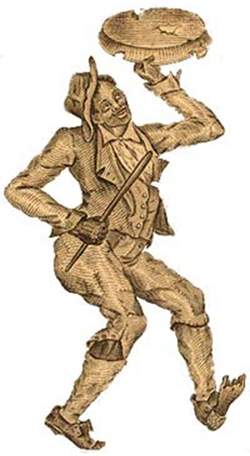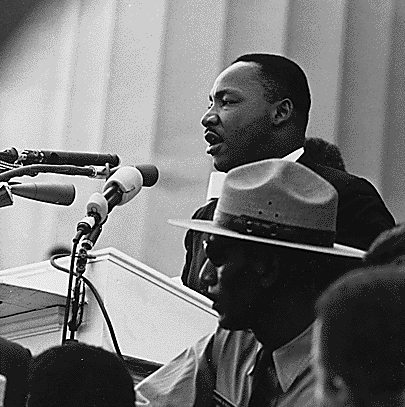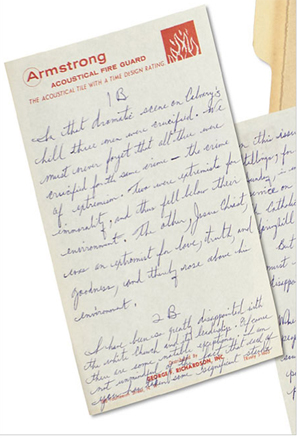So, Jim Crow laws were laws affecting African Americans, but not in a positive way. Jim Crow laws were state and local laws passed to limit the rights of African Americans.
They denied rights given to African Americans by the Reconstruction Amendments. These laws included segregation, or separation, of races in public places, and poll taxes and literacy tests to prevent African Americans from voting.

By the mid-1900s, many African-American leaders, especially church leaders, felt that African Americans should fight for the rights that were given to them by the Reconstruction Amendments. World War II had ended, and black soldiers had died along with white soldiers in Europe and in the Pacific. By 1948, President Harry Truman had ordered the integration of the armed forces. Civil rights activists felt that the time was right to expand the struggle for integration and equal rights.
One of the most powerful African-American leaders was Martin Luther King, Jr. He felt that African Americans should fight for their rights, but they should do it in a nonviolent way. Dr. King based his plan on the nonviolent campaign that Gandhi led in India when successfully obtaining that country's freedom from British rule. Dr. King thought that a nonviolent campaign in the United States would help black citizens obtain the civil rights promised them in the Constitution.
Click the picture of Martin Luther King, Jr., to find out more information about his work.

This picture is a letter to white religious leaders in Birmingham, Alabama, who criticized Dr. King and his work. He was in jail at the time he wrote the letter; he had been arrested for helping to plan a protest against racial segregation in Birmingham. Click the letter to learn more.
While in jail, several white church leaders in Birmingham published a letter in the newspaper saying that the fight against discrimination should be fought in the courts, not in the streets.
In his "Letter from a Birmingham Jail," King answers the statement from the church leaders.



